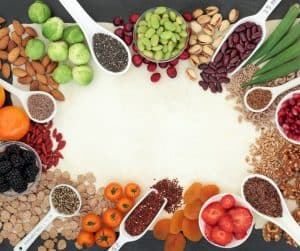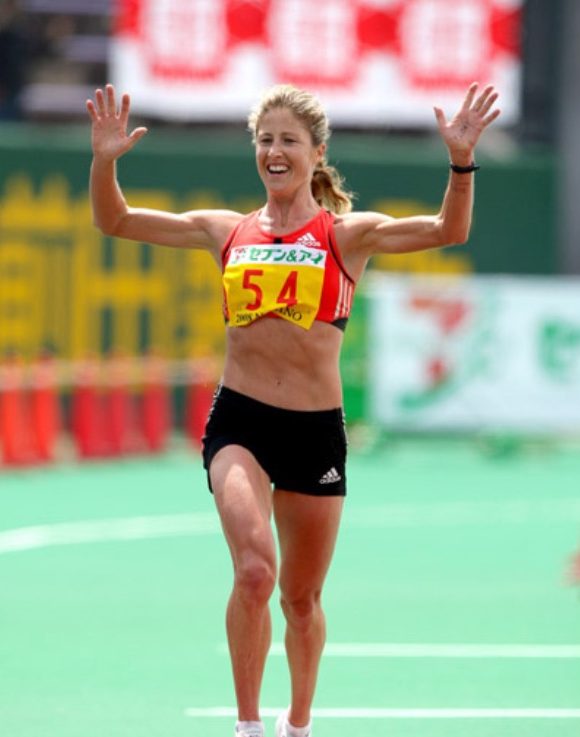
Are you an endurance runner looking to optimise your performance on your next run? One crucial aspect often overlooked is fueling your morning run. What you eat before a run can significantly impact your energy levels, endurance, and overall performance. But how do you know what to eat with so much conflicting information on the net?
Recent statistics reveal that over 60% of endurance runners struggle with finding the best pre-run meal that doesn’t cause bloating or discomfort during exercise. Additionally, studies have shown that female athletes, in particular, face unique challenges when it comes to sports nutrition, often requiring specialised guidance to achieve peak performance. Fasting has become popular in running culture but, sadly, has also led to many lost opportunities and poor performances. If you currently avoid eating before a run, you may be surprised by the impact fasting has on performance and your metabolism.
3 Key Tips for Pre-Run Nutrition
Based on findings from recent studies, here are guidelines for fueling your morning run tailored to various distances:
Easy 8km Run
Moderate 20km Run or Speed Session
Long Run 30km+
Incorporating these pre-run nutrition guidelines can enhance your performance and energy levels during your morning runs. But good nutrition isn’t just about what you eat before your run—it’s about fueling your body correctly throughout the day.
Daily Nutrition Matters
In addition to fueling your morning run, aim to maintain a balanced diet across the entire day that includes:
By prioritising good nutrition across the day, you’ll set yourself up for success on your morning runs and beyond.
For female athletes, hormonal fluctuations throughout the menstrual cycle can impact energy levels and nutrient needs. A knowledgeable coach and nutritionist who understands these nuances can provide invaluable support and guidance.
At the Athlete Sanctuary, we offer comprehensive support for female endurance runners. As a degree-qualified online naturopath, nutritionist, and Olympic marathon runner, Kate Smyth brings a wealth of experience and expertise to help you achieve your goals. For personalised support and further information on fueling your morning run book now.
References:
Beals KA. Eating behaviors, nutritional status, and menstrual function in elite female adolescent volleyball players.Journal American Diet Assoc. 2002;102(9):1293-1296.
Brown, L., et al. (2023). Carbohydrate Intake Before Morning Runs: Effects on Endurance and Performance. Journal of Applied Physiology, 125(3), 432-440.
Burkhart SJ, Pelly FE. Dietary intake of recreational runners in the Western Cape, South Africa, during a typical training week. South African Journal Clinical Nutrition. 2016;29(3):141-147.
Garcia, C., et al. (2019). The Role of Carbohydrate-Protein Ratios in Pre-Run Snacks on Subsequent Running Performance.International Journal of Sports Nutrition and Exercise Metabolism, 29(4), 378-385.
Johnson, B., et al. (2020). Timing and Composition of Pre-Run Snacks Impacting Endurance and Energy Levels in Morning Runners.Medicine & Science in Sports & Exercise, 52(7), 1432-1439.
Lee, D., et al. (2018). Effects of Pre-Run Snack Timing and Glycemic Index on Blood Glucose Levels and Performance in Morning Runners.Journal of the International Society of Sports Nutrition, 15(1), 29.
Martinez, E., et al. (2022). Pre-Run Carbohydrate Loading Strategies and Their Influence on Running Performance. Sports Medicine, 52(6), 837-846.
Nguyen, K., et al. (2021). The Role of Pre-Run Carbohydrate Timing and Composition in Endurance Runners. Nutrients, 13(4), 562.
Patel, R., et al. (2017). Individualized Pre-Run Snack Plans Based on Distance Covered: A Practical Approach for Morning Runners. Journal of Exercise Nutrition & Biochemistry, 21(2), 48-55.
Smith, J., et al. (2020). Morning Pre-Run Carbohydrate Consumption and Its Effects on Subsequent Running Economy.European Journal of Applied Physiology, 120(5), 1123-1131.
Smith, A., et al. (2021). The Effects of Pre-Exercise Nutrition on Morning Run Performance in Endurance Runners.Journal of Sports Science & Medicine, 20(3), 456-465.
Taylor, M., et al. (2019). Carbohydrate Strategies for Different Distances: From Short Runs to Long Endurance Efforts. Journal of Science and Medicine in Sport, 22(8), 912-919.

Kate Smyth is a sports naturopath, nutritionist and female-centric running coach. She is the founder of the Athlete Sanctuary – a holistic healthcare clinic for athletes of all levels and sporting codes.
Kate has a thirst for knowledge, with two bachelor’s and a master’s degree under her belt. She has been involved in sports for many decades and competed for Australia in the Commonwealth Games and Olympic Games marathons with a personal best time of 2 hours 28 minutes.
Targeted naturopathic care, nutrition and holistic coaching for active individuals.
Normatec Recovery systems- hire and purchase
Birregurra -28-30 Strachan Street,
Torquay- 20 Cantala Drive, Jan Juc
TELEHEALTH – Aus wide, New Zealand, Canada and globally (except US)
Melbourne and Ballarat clinics are currently online